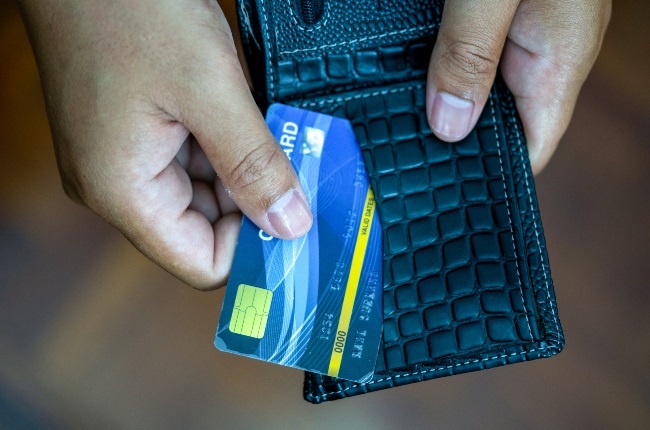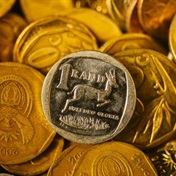
It’s a new year – and, on the financial front, there is a bit of good news and bad.
Petrol has already gone down and there's hopes of rates decreasing in 2024.
But food inflation is still terrifyingly high, leaving South African consumers struggling to make it to the end of the month without having to dig themselves deeper into debt to make it to pay day.
Read more | Are you under or over insured? Here’s all you need to know to get the best out of your insurance package
Prices of food and non-alcoholic beverages have decreased only slightly this year, according to Statistics SA which in May announced April’s annual consumer price inflation (CPI) had gone down to 6,8% (after reaching 7,1% in March) – the lowest CPI number since May 2022 (when the rate was 6,5%). And it seems to be on a steady decline. CPI is currently at 6,3% for May 2023, a 13-month low.
However, the prices of bread and cereals increased by 20,8% in the 12 months to April; prices in the milk, eggs and cheese category rose by 14,5%, and the average price of a two-litre carton of fresh full-cream milk increased from R30,14 to R35,88 over the past year.
Asked last month whether the monetary policy committee (MPC) would pause interest rate hikes at its July meeting, SARB Governor Lesetja Kganyago said it was too early to tell.
“If inflation declines to target and is sustained at target and thus inflation expectations become anchored then you would say that it is time to recalibrate policy,” the governor told Bloomberg.
One option when you are under financial pressure is a “payment holiday”. This is a short-term break that allows you to pause or reduce loan repayments for a set period. During the Covid-19 pandemic, for example, some major banks offered payment holidays, often for one to three months.
“It may strengthen your argument if you have a plan to show that your financial setback is temporary,” says lawyer Dr Stephan van der Merwe.
“A payment holiday is not a way to get out of debt – but it is better than ceasing to pay altogether,” the senior attorney at the Stellenbosch University Law Clinic tells consumer advice website Just Money.
Read more | ‘Will they let me live with my South Africa lover?’ – Aus Nthabi answers your legal questions
While a payment may seem like a good idea, there are some strict conditions, warns Just Money’s Shafeeka Anthony.
“One of the criteria for a payment break is that you must be in good standing, which means you are up to date with payments and have conducted your relationship with your lender responsibly," she says.
A payment holiday also doesn’t negate your credit agreement, adds Shafeeka.
“As soon as the payment break is over, you’ll have to resume paying what you owe. The interest you incur during the payment holiday will be added to the total balance due. You’re unlikely to repay a larger amount each month, so it will take longer to pay back the debt.
“There could also be non-interest administration fees. All of these factors may impact your repayments after the break, and potentially affect your credit score.
“In conclusion, while a payment holiday may seem like an easy option, it has significant long-term implications.”



















